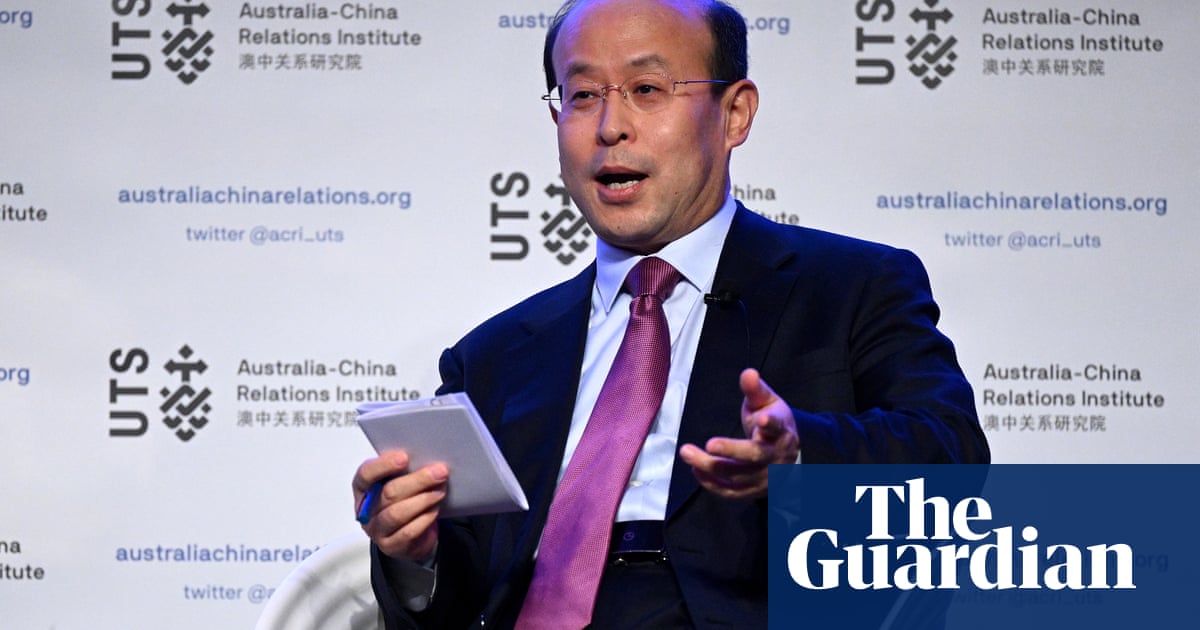
The Australian government is bracing for China to step up its push to expand influence in the Pacific, with a senior figure privately conceding Canberra has a lot of work to do to regain lost trust and strengthen regional unity.
Despite initial relief at a decision by Pacific island countries to defer a sweeping 10-country security and economic pact proposed by China, the Australian government now believes this may be only a temporary reprieve.
“Things aren’t going back to the way they were,” said a senior Australian government figure who requested anonymity to discuss the sensitive assessment.
“Australia has a lot of work to do – we need to stay focused and disciplined.”
With Anthony Albanese due to travel to Fiji to attend the Pacific Islands Forum (PIF) leaders’ meeting next month, the Australian government believes that China will become more adept at pursuing its regional plans in the months and years ahead.
In the wake of the controversial security pact between Solomon Islands and China, the Australian government also believes other countries in the region may be prepared to consider agreements that they would not have contemplated a decade ago.
Guardian Australia understands that one of the Australian government’s central strategies will be to encourage any significant proposals to be “regionalised”.
The government wants to frame Australia and Pacific island countries’ security as being bound together.
While the Australian government will publicly and privately acknowledge each Pacific country has the right to make its own sovereign decisions, it will also argue that such choices can affect regional security.
That means Australia will encourage any agreements like the Solomon Islands deal to be discussed in regional forums so there can be a broader consultation about the potential impacts.
The government is pleased about the recent agreement to restore the unity of PIF, which will see Micronesian countries remain in the forum, rather than exit it as scheduled at the end of June.
It is understood the Australian government sees the increasing strategic competition in the Pacific region as partly being the foreseeable consequence of a great power – China – seeking to maximise its position.
But the government also believes Australia’s ability to compete has been held back by a number of factors over the past decade, including what has been seen as a dismissive attitude to climate action. Initial cuts to foreign aid were later reversed in Australia’s Pacific Step-Up program.
The new government’s strategy includes focusing on Australia’s comparative advantages, including Pacific labour mobility and visa schemes, and also emphasising the new climate policy.
Mindful that it may not be able to out-bid China financially, the Australian government is hoping to present itself as being able to deliver better quality assistance.
On Friday, Australia joined with Japan, New Zealand, the UK and the US to launch what they described as “an inclusive, informal mechanism to support Pacific priorities” called the Partners in the Blue Pacific.
In a joint statement, the five countries said they were “united in our shared determination to support a region that benefits the peoples of the Pacific”.
They said this vision would be based on “principles of Pacific regionalism, sovereignty, transparency, accountability, and most of all, led and guided by the Pacific Islands”. They vowed to promote a strong and united PIF.
The opposition leader, Peter Dutton, offered bipartisan support to the government’s efforts in the Pacific, saying it was “a very important region to us”.
“We’re talking about family and near neighbours that we need to work even more closely with, so I’d be very happy to support the government in any way,” Dutton told reporters in Canberra on Friday.
The foreign affairs minister, Penny Wong, has visited four Pacific island countries – Fiji, Samoa, Tonga and Solomon Islands – to build personal relationships and make the case that the Australian government is listening to Pacific priorities and will respect its institutions.
But China’s ambassador to Australia, Xiao Qian, urged the new government to take “an objective and rational view” about China’s rise and not to see it as a security threat.
Xiao said he saw “great potential” to improve the relationship between China and Australia, describing both of them as “important countries in the Asia-Pacific region”.
He suggested they should strengthen their cooperation on regional affairs, climate change and disaster response.
“Coordination and cooperation between China and Australia in international and regional affairs serves the best interest of our two countries and two peoples, and is also conducive to the global and regional peace, stability and prosperity,” Xiao said in a speech in Sydney.
In April, China and Solomon Islands concluded a security agreement, a leaked draft of which suggested Chinese police and military could be used to maintain order and protect Chinese assets in the Pacific country.
The agreement may also allow China to “make ship visits to, carry out logistical replenishment in, and have stopover and transition in Solomon Islands”.
Labor had said the conclusion of this deal on Scott Morrison’s watch represented the biggest foreign policy blunder in the Pacific since the second world war.
But the Australian government’s assessment of the challenges suggest that China may be pursuing further deals.
The government of Solomon Islands has denied that it intends to allow a Chinese military base or persistent foreign military presence, saying it maintains a “friend to all and enemies to none” foreign policy.


